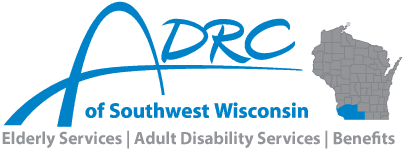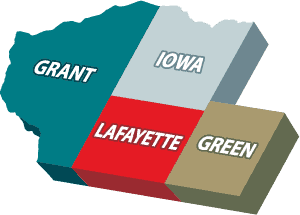What Is Elder Abuse?
Elder abuse refers to intentional or negligent acts by a caregiver or trusted individual that causes harm to an older person. Elder abuse takes many forms, including:
• Neglect or Isolation
• Physical abuse
• Sexual abuse
• Financial abuse and exploitation
• Emotional or psychological abuse (including verbal abuse and threats)
Each state defines elder abuse differently. (You may wish to look up your state’s statutes to see how elder abuse is defined. For assistance, contact the NCEA.) There is some debate over whether mistreatment by strangers, rather than by a person in a trust relationship to the older person such as spouse, child, or friend, also constitutes elder abuse, neglect, or exploitation.
Why Should We Care About Elder Abuse?
Caring about elder abuse is caring about justice for all. As a country, we are committed to ensuring the just treatment of all people, but elder abuse violates this value. The costs of elder abuse are high for the affected individuals and society alike. Their losses can be tangible (homes and life savings) and intangible (dignity, independence, and possibly their lives). For society, elder abuse is both a social and economic issue: it creates health care and legal costs, which are often shouldered by public programs like Medicare and Medicaid, and isolates them from the community. It’s in everyone’s interest to care about and prevent elder abuse.
Just How Big Is the Problem?
Elder abuse is an injustice with many consequences for our society, affecting everything from our communities’ public health to our economic resources. Elder abuse is widespread. A comprehensive review article published in 2015 found the prevalence of elder abuse to be approximately 10% including physical abuse, psychological or verbal abuse, sexual abuse, financial exploitation, and neglect.1
Elder abuse is significantly under-identified and underreported. This is in part due to a lack of social supports that would make it easier for those who experience abuse to report it.
How Can We Report Elder Abuse?
It is up to everyone to prevent and address elder abuse. Report suspected mistreatment to your local adult protective services, long-term care ombudsman or law enforcement agency who can investigate the situation. Programs such as Adult Protective Services (APS) and
the Long-Term Care Ombudsmen are here to help. For reporting numbers, contact Eldercare Locator at 1-800-677-1116 (eldercare.gov).
If you believe that an older person is in a life-threatening situation, contact 911 or the local police or sheriff’s department.
Learn more about the issue. Visit the National Center on Elder Abuse website at https://ncea.acl.gov.

